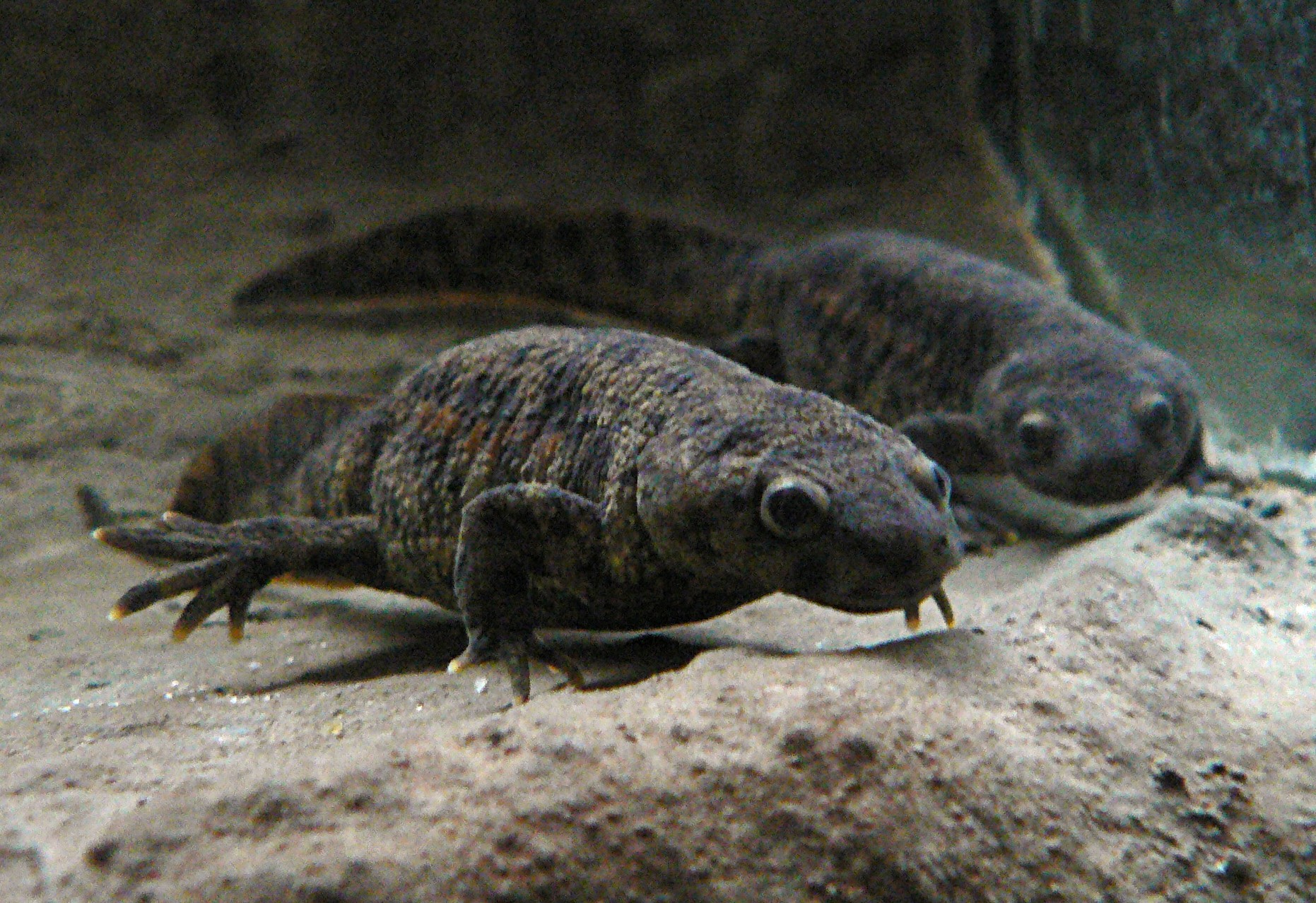|
Macedonian Crested Newt
''Triturus macedonicus'', the Macedonian crested newt, is a newt species of the crested newt species complex in genus ''Triturus'', found in the Western Balkan peninsula (Bosnia-Herzegovina, Albania, North Macedonia, north-western Greece and south-western Bulgaria). To the North, its range borders that of the Danube crested newt and the Northern crested newt and to the East, that of the Balkan-Anatolian crested newt. It was first described as a variety of ''Triturus karelinii'', later considered a subspecies of ''Triturus carnifex'', and was elevated to species rank following molecular phylogenetic analysis in 2007. ''Triturus arntzeni'' was considered a synonym of ''T. macedonicus'', but this name applies in fact to a Hybrid (biology), hybrid between this species and the Balkan-Anatolian crested newt (''T. ivanbureschi''), and thus is a synonym of both species. References Triturus, macedonicus Amphibians of Europe Amphibians described in 1922 Taxobox binomials not reco ... [...More Info...] [...Related Items...] OR: [Wikipedia] [Google] [Baidu] |
Newt
A newt is a salamander in the subfamily Pleurodelinae. The terrestrial juvenile phase is called an eft. Unlike other members of the family Salamandridae, newts are semiaquatic, alternating between aquatic and terrestrial habitats. Not all aquatic salamanders are considered newts, however. More than 100 known species of newts are found in North America, Europe, North Africa and Asia. Newts metamorphose through three distinct developmental life stages: aquatic larva, terrestrial juvenile (eft), and adult. Adult newts have lizard-like bodies and return to the water every year to breed, otherwise living in humid, cover-rich land habitats. Newts are threatened by habitat loss, fragmentation and pollution. Several species are endangered, and at least one species, the Yunnan lake newt, has become extinct recently. Etymology The Old English name of the animal was , (of unknown origin), resulting in Middle English ; this word was transformed irregularly into , , or . The initial "n ... [...More Info...] [...Related Items...] OR: [Wikipedia] [Google] [Baidu] |
